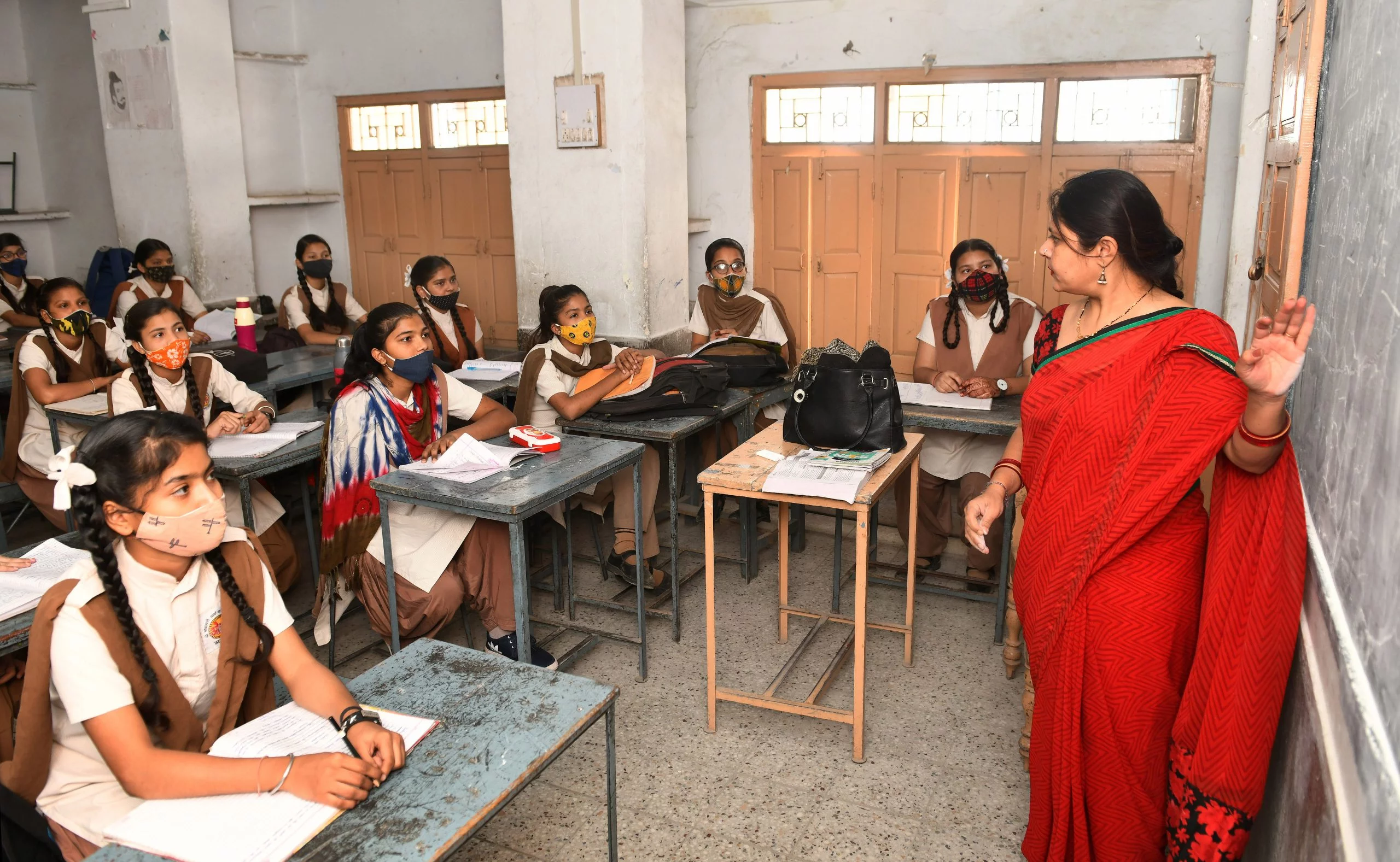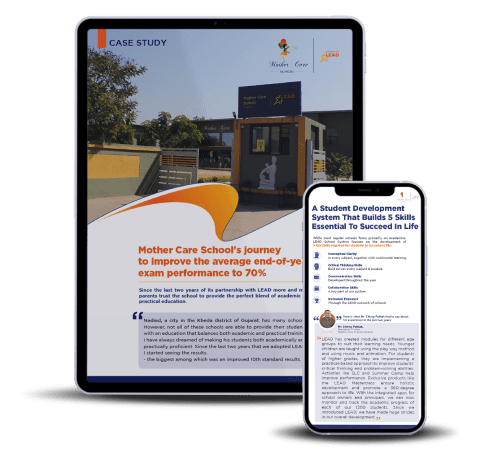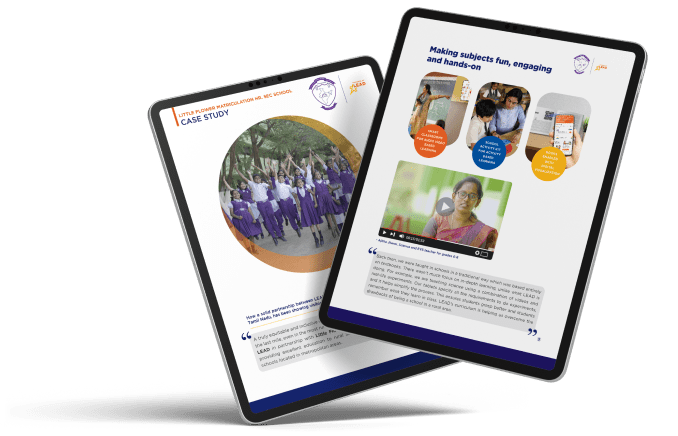THE 3 LANGUAGE POLICY
The National Education Policy 2020 (NEP 2020) has emphasised on the use of Indian languages, such as the mother tongue or local language, as the medium of instruction till Class 5 while recommending its continuance till Class 8 and beyond. It recommends that all students learn three languages in school under the formula.
The three languages learned by children will be the choices of States, regions, and of course, the students themselves. However, at least two of the three languages should be native to India, one of which is most likely to be the local/ regional language. The rule will apply to both private and public schools.
High-quality textbooks, including science, will be made available in home languages, supporting a medium of instruction that is accessible to learners. In cases where home-language textbook material is not available, the language between the teachers and students will remain the home language, wherever possible.
The National Education Policy 2020 encourages teachers to use a bilingual approach, including bilingual teaching-learning materials, with those students whose home language may be different from the medium of instruction.









